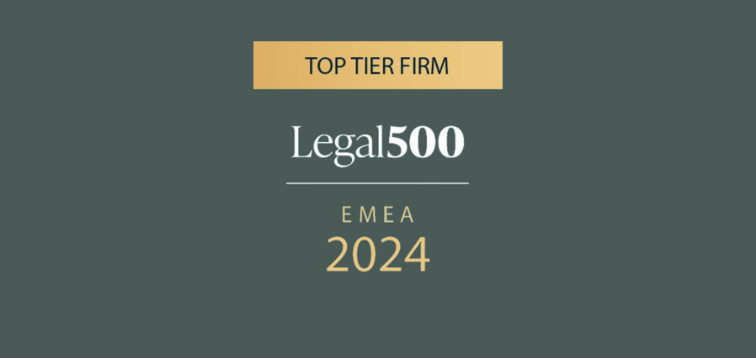The dispute involved two flight engineers who had been affiliated with Lundgrens' client, an aircraft maintenance provider (the “Provider”), for several years. The engineers suddenly terminated their agreements under suspicious circumstances and established a competing company (the “Competitor”), which led the Provider to take legal action against both the engineers and the Competitor.
Key Issues
The case inter alia covered the following key issues:
- Misleading marketing: During the termination period, one of the engineers, while still affiliated with the Provider, wrongly informed one of the largest customers of the Provider that the Provider would have no employees as of 14 November 2022. The Maritime and Commercial High Court (the “MCHC”) deemed this statement misleading and constituting unfair trading practice in violation of the Danish Marketing Practices Act.
- Misappropriation of the Provider’s tools: Lundgrens, through a public records request, accessed materials related to the Competitor’s application for a so-called “part 145 approval”, a certification necessary for undertaking aircraft maintenance. The evidence revealed that the Competitor had unduly used the Provider’s tools to support their application without the Provider’s consent. Most surprisingly, several of the Provider’s tools appeared in the Competitor’s tool list which was submitted to the Danish Transport Authority. The MCHC pointed out that one of the engineers could not explain such coincidence during the examination in MCHC.
- Misappropriation of sensitive flight maintenance data: The public records request also revealed that the Competitor had misused sensitive maintenance data from the Provider’s airline customers to support its application for the “part 145 approval”. Access to such sensitive maintenance data presupposes an agreement, as the maintenance data is strictly confidential, given that the data is used to ensure every plane’s top-notch safety standard. The MCHC found that the Competitor had unauthorizedly accessed and used maintenance data from two major airlines, who were customers of the Provider. Further, one of the engineers had displayed the maintenance data to the Danish Transport Authority during the Authority’s inspection. The MCHC identified the maintenance data as trade secrets and that the actions violated the Danish Act on Trade Secrets and the Danish Marketing Practices Act.
The MCHC's decision
The MCHC inter alia concluded as follows:
- The Competitor's unauthorized use of the Provider’s tools and maintenance data was crucial for the issuance of the Competitor's “part 145 approval”. This approval was a prerequisite for the Competitor's ability to operate as a maintenance provider, allowing the Competitor to enter the market earlier and to a greater extent than would otherwise have been possible.
- The Competitor’s actions provided them with an unjustified competitive advantage over the Provider. As a result, the Competitor was ordered to pay damages to the Provider.
- The infringements were gross seeing that the infringements took place while the collaboration between the parties were still in place with access to tools and confidential material of the Provider.
- The market disruption was assumed to be significant, cf. below
The awarded damages
Based on the information about market conditions, including the limited number of maintenance operators in the affected airports, the relationships between individual airlines and maintenance operators, the specialized and technical nature of the services provided, and other relevant details of the case, the MCHC was of the opinion that the direct competition initiated by the Competitor on an unlawful basis, as well as the Competitor's email to an airline (one of the provider's customers) on 2 November 2022, cf. key issue 1 above had caused a loss for the Provider.
The compensation and damages were determined on a discretionary basis to cover direct losses and a market disruption that was assumed to be significant. The amount was set at DKK 700,000 with interest.
The defendants and third-party defendants were jointly and severally liable for the payment of this amount.
Additionally, the Competitor was ordered to return the tools that were unjustly used for the Competitor's part-145 application to the Provider.
For further information with respect to the judgement, please contact partner Søren Danelund Reipurth or director Emilie Lerstrøm, who litigated the case.




